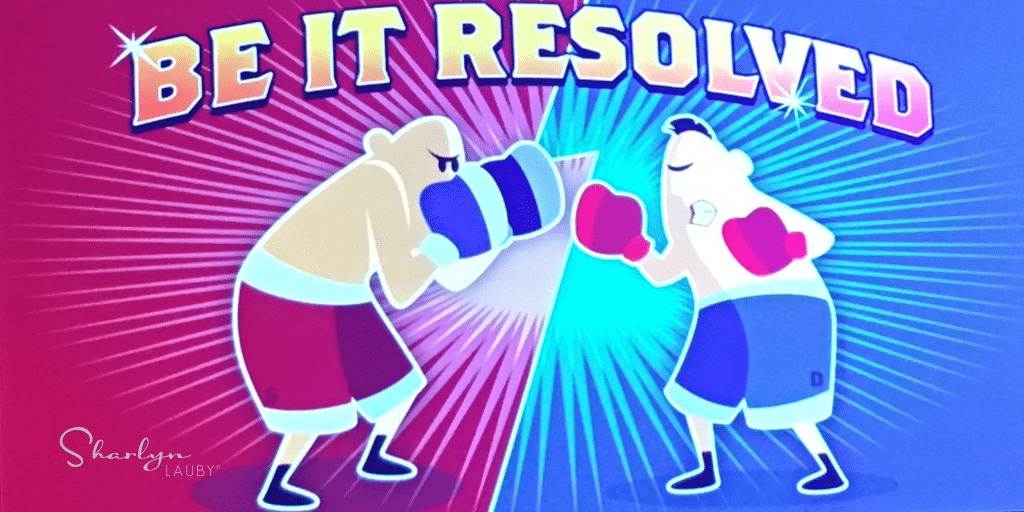Don’t Contact My Boss for a Job Reference – Ask #HR Bartender
We’ve talked about the job reference before on HR Bartender, but this is a new situation. What do you say if the company you’re interviewing with wants to speak with your last boss and you’d rather they didn’t…
Hi Sharlyn! I am in a pickle and am reaching out to all the resources I have to get some help. Although I quit my last job, my boss and I did not leave on the best of terms, and I would not want her to be a reference for me. I sent references per the request of a company who interviewed me, but they came back and asked if they could speak with her. I get the feeling if I don’t give my previous boss as a reference, they will think that something is fishy, and won’t offer me a job. Any advice? Many thanks and I hope you’re having a great day!
There are several situations here that the reader has no control over. For instance, if the reader left the company on the best of terms and the boss was willing to give a glowing reference, sometimes they aren’t able to. Many companies have policies that say managers cannot provide references for former employees. So, it’s possible that if a company said, “We’d like to chat with your last manager.”, they wouldn’t be able to.
(Side note: If you’re concerned about giving a job reference, we did a two-part series on job references a couple of years ago that you might want to check out. Part one of the series addresses the legal aspects of giving job references. And the second part is on the best way to leverage references in your job search.)
But back to the reader note. Let’s say the manager is able to give a job reference if they choose. It’s also possible that the boss feels badly about not having a good relationship with one of their employees. It could be embarrassing for them to have to tell another company that they didn’t get along with an employee. So, the manager says as little as possible OR says something positive when asked to provide a reference.
In both of those examples, candidates have very little control over the situation and what others say. What candidates do have control over is what they say.
Personally, when faced with these types of decisions, I’ve always leaned toward “honesty is the best policy”. I know it sounds very cliché-ish but, I do not believe it’s realistic to think that everyone will get along at work. It’s how you handle those situations that defines your professionalism and can make you stand apart.
So, I would figure out a way to say, “I’m happy to give you my former boss’ contact info. We didn’t always see eye-to-eye, but we always put our differences aside to do what’s best for the organization.” Or whatever words makes sense for you. The point being that, if you concoct a story, you will always have to remember that story. Remembering the truth is much easier.
To me, the big takeaway from today’s reader question is to think about the answer to this question now. What would you say if someone wanted to speak to a person about your work and you didn’t really want them to? Practice saying your response out loud every once in a while, so it sounds comfortable and not scripted.
And for those individuals who might end up on the receiving end of a phone call someday, being asked to provide a reference is a huge responsibility. It has consequences for you and the person you’re providing a job reference for. This isn’t the time to air petty grievances. Job references are about accuracy and professionalism.
Image captured by Sharlyn Lauby after speaking at the 2017 Saba + Halogen TalentSpace Live Conference in Phoenix, AZ
0